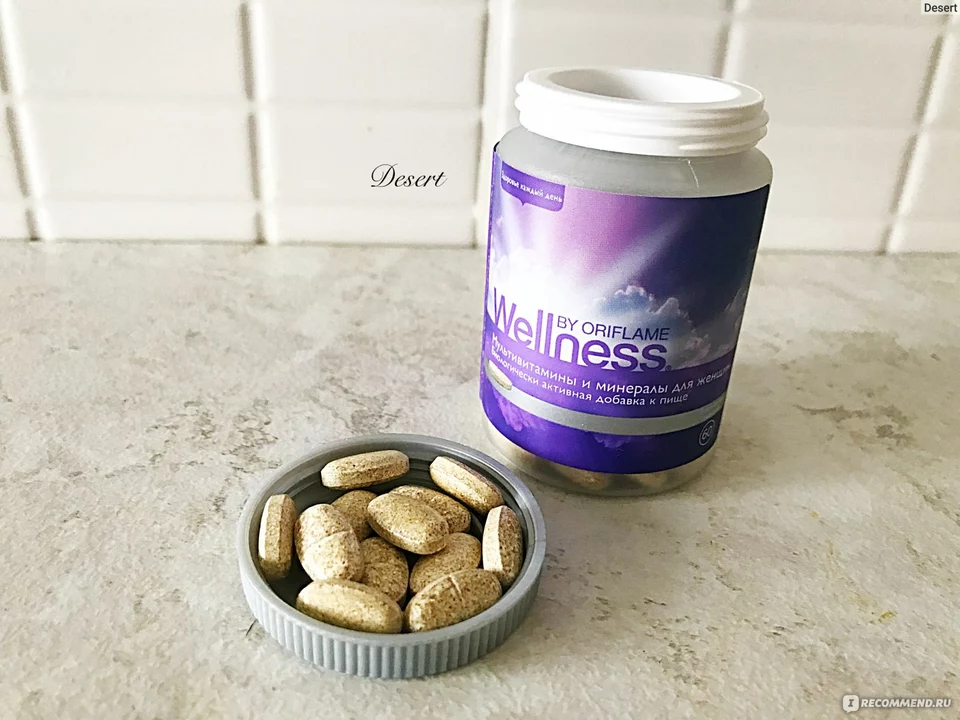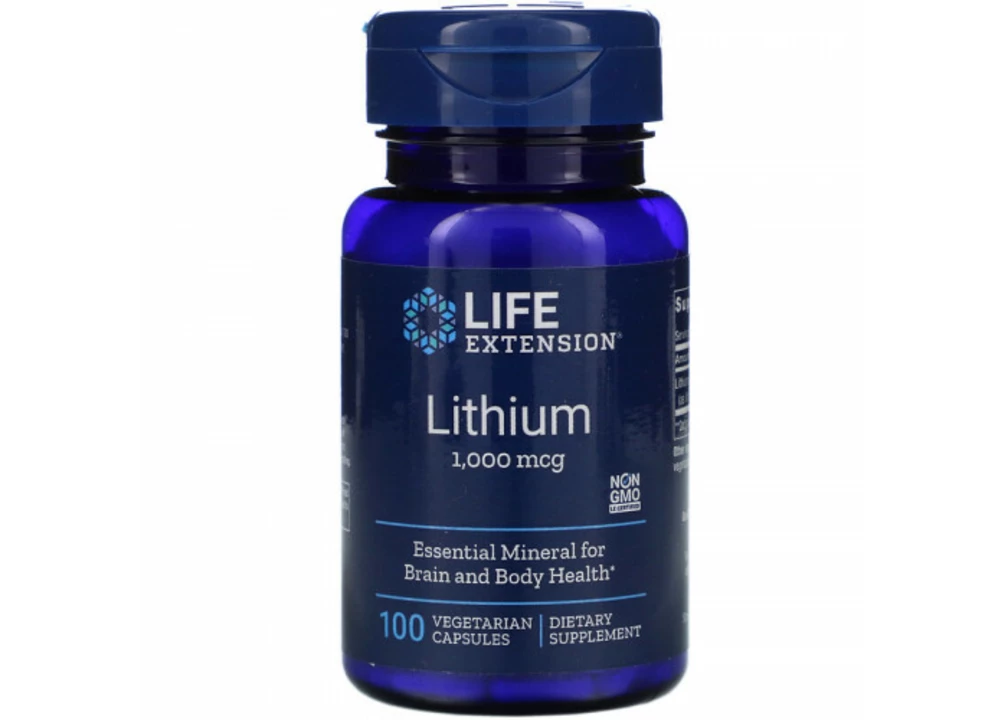Dietary Supplement Guide: What They Are and How to Use Them Safely
If you’ve ever walked down a pharmacy aisle or scrolled through an online store, you know dietary supplements come in endless shapes, colors, and promises. From vitamin D tablets to herbal powders, the market is packed with products that claim to boost energy, support immunity, or even improve mood. But with so many choices, how do you know which ones actually work and which are just hype?
First off, a dietary supplement is anything you take by mouth that adds nutrients or other substances to your regular diet. This includes vitamins, minerals, herbs, amino acids, and enzymes. They’re not meant to replace food; they’re meant to fill gaps, enhance performance, or address specific health concerns.
Why People Use Dietary Supplements
Most people start a supplement because they feel something is missing. Maybe you’ve read that vitamin C can help during cold season, or your doctor suggested iron after blood tests showed low levels. Some folks chase the latest trend—like turmeric capsules for joint comfort—or use herbal blends to calm stress.
The key driver is often convenience. It’s easier to pop a pill than overhaul an entire diet, especially when you’re busy. Supplements also give a sense of control; taking something proactive feels like you’re doing something positive for your health.
Choosing Safe & Effective Supplements
The first step is checking why you need it. If a blood test shows low vitamin D, pick a product that lists the exact amount of IU per serving. Look for third‑party testing marks such as USP, NSF, or ConsumerLab—these indicate the label matches what’s inside.
Read the ingredient list carefully. Some “natural” blends hide fillers, sugars, or even allergens. If you’re pregnant, nursing, or on medication, talk to a pharmacist before adding anything new; interactions can happen with herbs like St. John’s wort or minerals such as calcium.
Start low and see how your body reacts. For example, if you try a fish oil capsule, begin with half the recommended dose and monitor for any stomach upset. Adjust gradually rather than loading up all at once.
Keep track of results. A simple journal noting when you take the supplement, dosage, and how you feel can help you spot real benefits versus placebo effects. If after a few weeks you see no change or notice side effects, it’s time to reassess.
Finally, remember that quality matters more than quantity. A modest dose of a well‑manufactured product often beats a massive dose of a cheap brand with questionable purity.
Bottom line: dietary supplements can be useful tools when you know what you’re looking for, pick reputable brands, and stay mindful of how they affect your body. Use them to complement—never replace—a balanced diet, regular exercise, and good sleep. With the right approach, you’ll get the most out of every pill, powder, or gummy you choose.









